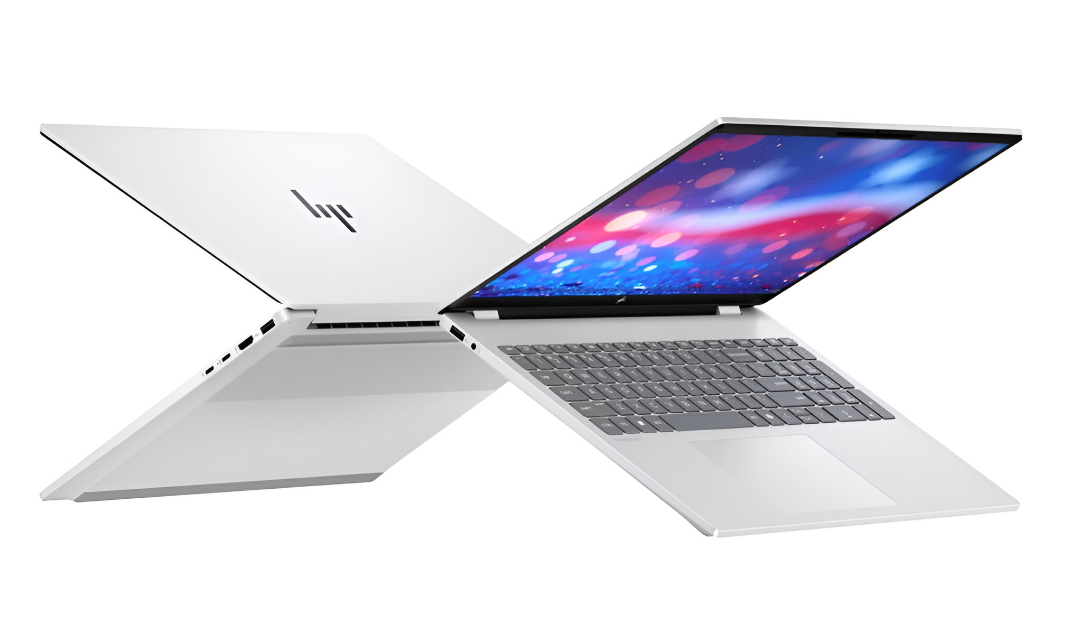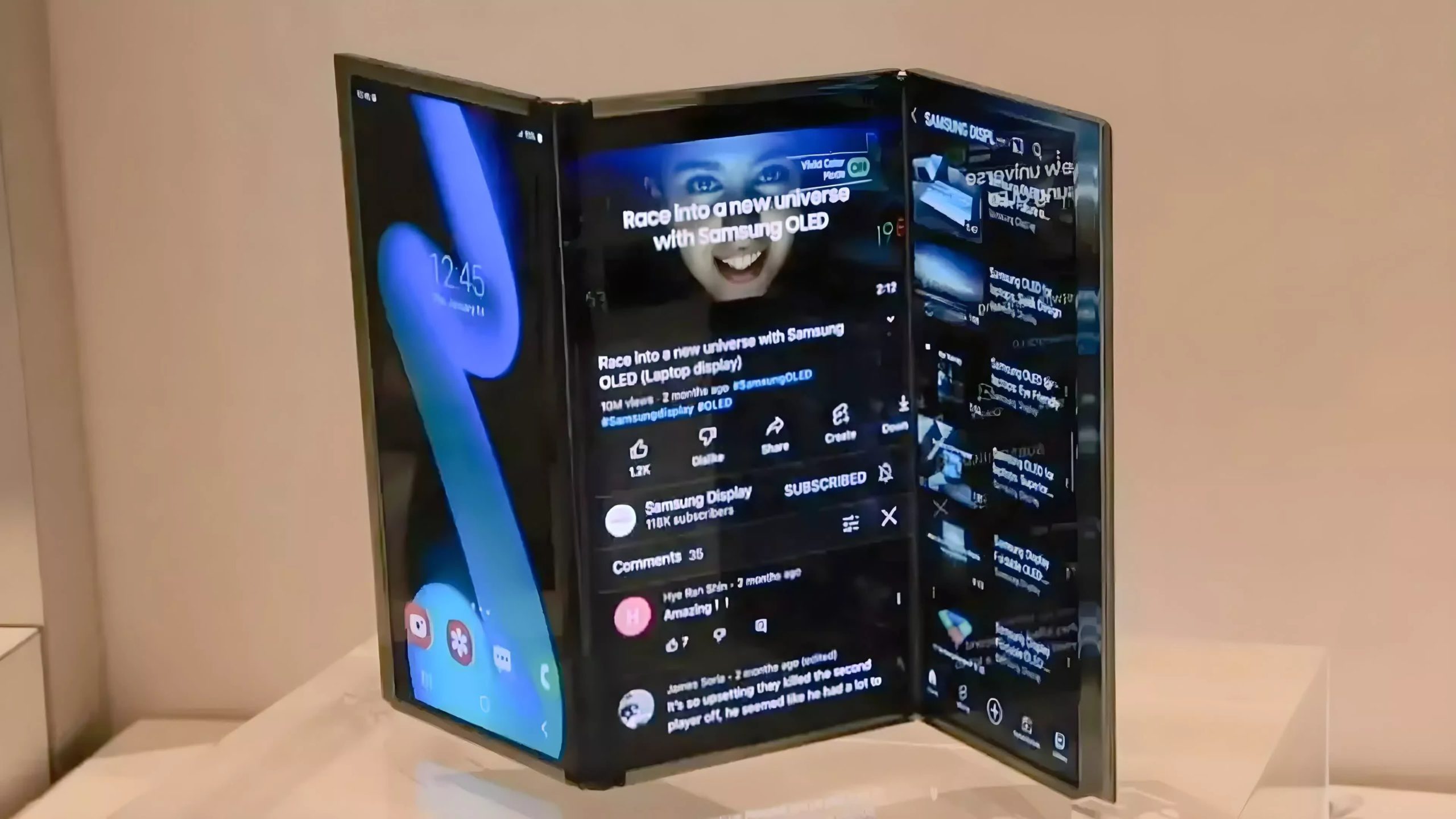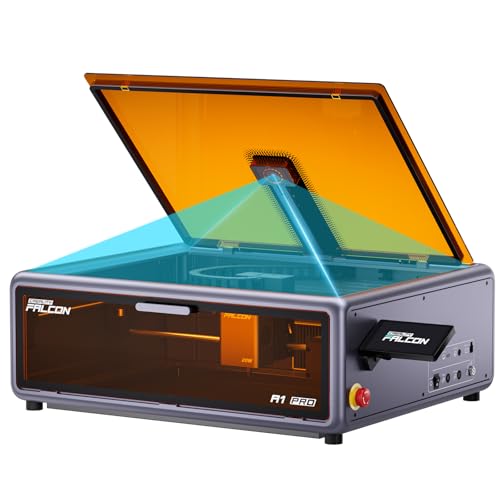Shopping for a used laptop feels like dating apps circa 2019—everyone looks great in photos until you meet reality. HP’s new PCFax protocol promises to change that anxiety by giving laptops the same transparent history reports that transformed the used car market.
Starting in early 2026, HP will embed firmware-level logging into its laptops that tracks everything from hardware repairs to performance metrics. Think of it as a digital health passport that follows your device through its entire lifecycle. This tamper-resistant system uses AI-driven telemetry to maintain secure records of usage patterns, maintenance events, and component replacements—exactly the kind of forward-thinking tech that belongs on any list of mind-blowing gadgets.
The real magic happens when you’re evaluating a used device. Instead of wondering whether that three-year-old business laptop spent its life in a climate-controlled office or a dusty warehouse, PCFax delivers concrete data about thermal stress, battery cycles, and repair history. Enterprise buyers especially benefit since they routinely replace functional laptops every three years based on assumptions rather than actual performance data—a game-changer when shopping for the best laptops with real-world reliability.
Behind this innovation sits a staggering e-waste problem—over 60 million tonnes generated annually, much from devices discarded prematurely. PCFax directly addresses this waste stream by enabling confident secondary market transactions. When buyers trust a device’s history, sellers can command fair prices for functional hardware instead of defaulting to recycling or landfills.
The protocol integrates seamlessly with HP’s existing Device Life Extension programs, creating a comprehensive ecosystem for prolonging laptop lifespans. Companies can optimize refresh cycles based on actual device health rather than arbitrary timelines, potentially saving thousands in unnecessary replacements.
Your next laptop purchase might finally escape the used-device lottery. PCFax represents more than technical innovation—it’s a cultural shift toward viewing laptops as assets worth maintaining rather than disposable commodities. When transparency replaces guesswork, both your wallet and the planet benefit from devices that reach their full potential instead of premature retirement.






























